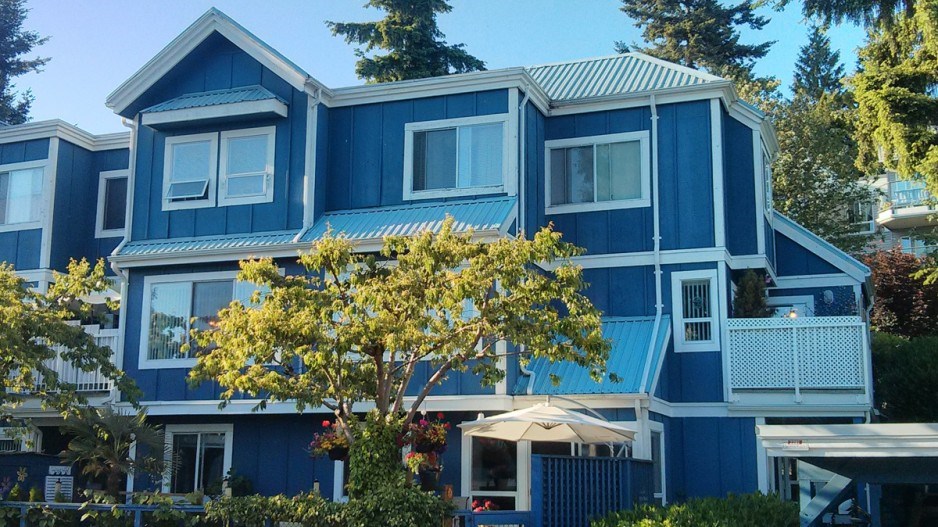Aging B.C. housing co-operatives are in limbo as federal government subsidies end and restrictions limit their options. Ironically, for some of Vancouver’s 108 non-profit housing co-ops, real estate speculation could be the saviour.
There are 264 housing co-operatives in B.C., mostly in Metro Vancouver. About 6,000 Vancouver residents live in co-ops, some of which are located on prime West Side real estate.
The Government of Canada started building co-operative housing in the 1970s and '80s to provide housing during a crisis in the rental sector, explained Thom Armstrong, executive director of the Co-operative Housing Federation of BC (CHF-BC).
Under the agreement, Canada Mortgage and Housing Corp. provided co-ops with a subsidy for the entire life of the mortgage, which allowed co-ops to keep rents below market value. For a percentage of members, the subsidy kept rents at 30% of their income. Those people, an estimated 1,600 in Vancouver, include single mothers, new immigrants, people with disabilities and the elderly.
All of the federally-funded co-ops signed operating agreements with CMHC that ran for either 30 or 35 years. Starting this year, those agreements – and the subsidies – are ending. About 70% will have expired before 2020 and 2017 will be the peak year for agreements to end.
“Housing co-ops face a horrible choice,” Armstrong said if the province, which is now responsible for housing, doesn’t step up with funding. “The co-ops either have to cover the rental subsidy themselves or stop maintaining the asset.”
Armstrong estimates “from $20,000 to $80,000 per door” is needed in upgrades to keep the decades-old structures liveable. “We estimate a total of $400 to $500 million in reinvestment is required,” he said.
Housing co-ops are able to borrow funds to cover such repairs and maintenance, Armstrong said, and realize they will have to raise rents. But, without government assistance, they cannot afford to also continue subsidies for the lowest-income residents, most of whom would be forced out.

But there is a third choice open for Vancouver co-ops that are in the right locations.
“We get approached every day by real estate developers,” Armstrong said.
Some Vancouver co-ops are located on large parcels of land near Canada Line stations or have much lower density than current zoning allows, he said. This has made the properties extremely valuable.
“We are very open to entertaining development options,” Armstrong said, “Some Vancouver co-ops are very interested in developing their properties.”
(Image: Thom Armstrong, executive director of the Co-operative Housing Federation of BC. “We get approached every day by real estate developers.”| Co-operative Housing Federation of BC)
For the 50% of Vancouver co-ops that own rather than lease their land, strategies being discussed include land swaps and even joint-venture condominium developments that could increase the number and quality of co-op units and still cover the rental subsidies, he explained.
Non-profit housing co-ops cannot turn units into condos and individual members can’t profit from the sale of assets, but they could earn money from real estate speculation and plow it back into developing modern co-op units, Armstrong said. “For some co-ops it could be a win-win.”




